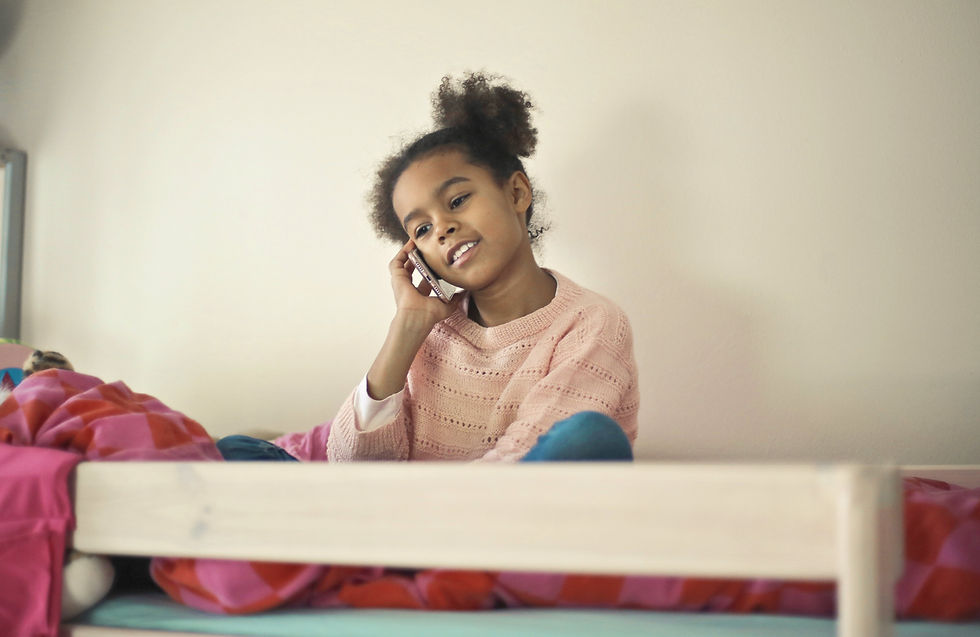Relationships are hard enough but when we have been hit with the added stress of financial hardship, lockdowns and general anxiety brought on by Covid, it is no wonder that many families are going through divorce. Divorce is hard on everyone and even if it is amicable, there will inevitably be a grief process for everyone. Grief occurs when there is a loss no matter what it is. It could be a loss of how things were or how you hoped it would be, either way there will be grief and it is something that we can help children through.
Grief is a very individual process, it is not the same for everyone. Grief also seems to come in waves. Initially we feel like we are drowning in sadness then this will slowly level out and when we think we are going okay, something will trigger another wave. This can go on for a very long time and while over time the waves will get smaller, it is important to recognise that grief (including divorce grief) is a process that needs to be worked through. This is hard enough for adults but there are other aspects to consider when it comes to our children's experiences.

A child's development will impact how they will be able to respond to divorce. Children under the age of 7 years find it very difficult to see things from another person's perspective. In their mind the "world revolves around them". This isn't them being selfish, it is a developmental stage, but when it comes to divorce it is very likely that they will blame themselves. As they find it hard to understand the world apart from themselves, they often assume that the divorce is because of them. Be careful to explain to your child that they aren't to blame. Be as honest as you can in a way that is age appropriate. When talking to your children about the divorce remember that it will be very overwhelming. It is likely that they won't take everything in. While it may seem that they understand and have heard you, it is likely that they haven't processed everything and they may need to asks the same questions several times until they understand.
Ways to help
Recognising Feelings. Children won't always have the vocabulary to express how they are feeling. More often than not children are communicating their feelings through behaviour rather than words. Even if we ask them how they are feeling, they may not be able to tell you. As much as possible we need find the words for them. Just acknowledge what you see, you might say "I've noticed that you seem really angry lately". You don't have to jump to conclusion why, but when we label the feeling for them, then they will be able to process it and perhaps talk about it. However, it is more than likely that they have so many feelings about the divorce they are just completely overwhelmed.
Make sure that your child knows that all feelings are okay and that is is normal to have so many different feelings about the divorce. I have written a blog about helping children feelings which might be helpful. If you are wanting to help your child recognise the feelings that they are having (and I think you should), try and keep it playful. One activity that works well is to use Lego and build how everyone is feeling. Assign a colour to each of the feelings and then build something with the bricks to show what feelings they have. It is a really positive way to recognise that we can have multiple feeling about a situation.

Minimise Worry. When I talk to children about their worries around divorce quite often they are worrying about everyone including their parents. They worry that their parent will be lonely, that something bad might happen and all sorts of things. When I try and help children recognise what their worries are I have them write them out and then we work out who's worry they really are (see blog worry bags). It doing this we release them from our worries and help them see that their parents are okay. Another difficulty I come across a lot is that if something has happened at one parent's house and now they have been dropped off at the other's, it can be difficult to find time to talk about it. Usually drop off is in the middle of dinner/bath/bed routine. I often suggest that parents make with their kids a "letter box" made from anything, and they can write any worries or concerns that they have. That way the child feels like they can let go of the worry knowing that their parent will read it and talk to them when there is time.

Routine: Children need their world to be predictable. When everything changes they can become anxious as there isn't the assurance that everything is under control. As much as possible we need to keep routines and minimise the change. This doesn't mean that everything has to be run in the same way in each person's house, but try and keep what you can. If there are different rules or routines in each house then make sure this is clear. It is hard for a child to remember what they have to do in each house. I often suggest that parents write out the rules for each house. Involve the kids in the process so they understand and also they don't feel like it is just enforced.

Keep the connection. It isn't always possible to keep both parents involved and I wouldn't suggest keeping a parent involved if they were abusive. However, if possible it is better for the child to have both parents remain involved in their lives. This may be hard but it is important for the child to know that their parents are still there when they need them. So try not to limit phone contact or visits, even if it isn't the other parent's "weekend". Usually when a child wants the other parent, it doesn't mean that they don't want you, it just means that they want to know that they can still have both of you if they need to. If you schedule in regular check in times for example before bed time, then they will feel less need to ask at other times.
As parents you will need to keep the connection open between the two of you as well. This can be very difficult but try and find a way that works for you. Don't use your child as the messenger in the middle. This puts them in a place where they feel responsible. If you can't talk to each other in person or on the phone, you can try keeping a notebook which goes between the two home. However, be careful that your child doesn't read this.

New Traditions. It will be hard for kids to see anything good when their parents first separate. However, as time goes on there will be new traditions and positive experiences to enjoy. Have your child involved in how they can create these traditions. It might be that on their birthday they have their favourite breakfast at one parent's and favourite dinner at the other's. It's okay for them to enjoy the fact that they get two Christmas and two lots of presents. They can enjoy the positives of their parents being separated.

Ultimately divorce isn't going to be easy. Everyone will be struggling with their own emotions and grief. In the middle of the storm it is important to remember that children will have their own struggles and that their grief is just as valid. They will need help to manage their feelings around the changes but with support they will come through the other side still knowing that they are loved and nothing will ever change that.
Comments